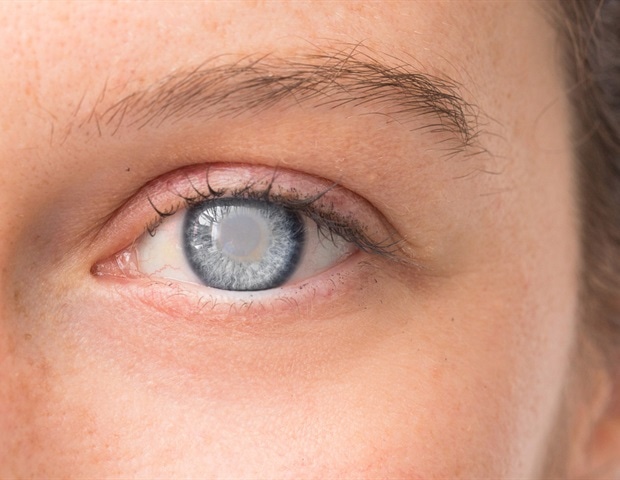
High cholesterol and its affects on the body: Here are the top 5 things that may happen inside your body when your blood LDL levels is too high. High cholesterol : Cholesterol, the fatty-waxy substance in the blood is often referred to as the silent killer. Although the body uses cholesterol to make new cells and hormones, excessive cholesterol in the blood (high cholesterol), can lead to certain serious health challenges including heart attack and stroke.
High cholesterol, especially low-density lipoprotein (LDL) cholesterol, can be quite dangerous to your health. But, what exactly makes it such a concern? To start with, high LDL cholesterol levels can lead to heart disease, which remains the leading cause of death around the world. It also contributes to atherosclerosis, where arteries get clogged, heightening the chances of heart attacks and strokes.
Additionally, high cholesterol can harm the liver, impacting overall health and potentially leading to high blood pressure, which complicates heart health further. It can even trigger metabolic syndrome, a group of conditions that elevate the risk of heart disease and diabetes. So, how do we tackle these risks? Regular health check-ups and lifestyle adjustments are key to keeping our cholesterol levels in check.
In this article, before we understand how to manage the condition, let's take a look at what happens to the organs when blood LDL levels are too high. High Cholesterol: 5 Side Effects of Excessive LDL Levels Here are the top 5 things that may happen inside your body when the blood cholesterol levels are too high: Yes, you read that right! High cholesterol levels can have a serious impact on your liver health. The liver is vital for regulating cholesterol, and when LDL levels are high, it can cause fatty liver disease.
This disease occurs when too much fat builds up in liver cells, hindering their function. If left unchecked, fatty liver disease can escalate to more serious issues, including liver cirrhosis and eventual liver failure. To prevent these liver-related concerns, regular cholesterol monitoring becomes essential, highlighting the importance of a balanced diet and a healthy lifestyle.
Those who are already suffering from high blood pressure must ensure that their cholesterol levels are under check. The connection happens this way - when arteries narrow due to plaque buildup, the heart has to exert more effort to pump blood, resulting in increased blood pressure. This condition, known as hypertension, adds further strain to the cardiovascular system and elevates the odds of heart disease.
By managing cholesterol levels through diet, exercise, and medication, we can help keep blood pressure in check and lower the risk of associated health problems. var firstScrolled3 = false; window.addEventListener("scroll",(event) => { if(!firstScrolled3) { window.
_taboola = window._taboola || []; _taboola.push({ mode: "thumbnails-m", container: "taboola-mid-article-thumbnails", placement: "Mid Article Thumbnails", target_type: "mix" }); firstScrolled3 = true; } }); High LDL cholesterol is a significant element of metabolic syndrome, a cluster of health issues that raises the risk of heart disease, stroke, and diabetes.
People with metabolic syndrome typically show signs of high blood pressure, high blood sugar, excess abdominal fat, and irregular cholesterol levels. The presence of high LDL cholesterol exacerbates these conditions, underscoring the importance of addressing cholesterol as part of a comprehensive health strategy. Making lifestyle changes like improving nutrition and increasing physical activity can play a huge role in lessening the risk of metabolic syndrome.
High LDL cholesterol is one of the main factors that lead to heart disease. When LDL levels increase, plaque can build up in the arteries, narrowing them and hampering blood flow. This condition, called atherosclerosis, raises the risk of heart attacks and strokes significantly.
The American Heart Association states that people with high LDL cholesterol are much more likely to develop coronary artery disease. Therefore, keeping an eye on cholesterol levels should be a priority in preventing heart disease and ensuring our heart stays healthy. Atherosclerosis directly stems from high LDL cholesterol levels.
When arteries become thickened with plaque, it can lead to serious health problems. As the plaque accumulates, there's a chance it could rupture, resulting in blood clots that might completely block blood flow. If this blockage happens in the coronary arteries, a heart attack can occur; if it takes place in the brain, a stroke can happen.
Preventing atherosclerosis means not only managing cholesterol but also embracing a heart-healthy lifestyle. Beware of the signs and symptoms that your body may show up when cholesterol levels are too high. Ensuring that you are following a healthy diet and lifestyle routine is important when trying to manage LDL cholesterol levels naturally at home.
However, you must visit a doctor or an expert immediately after spotting any of these signs: It is important to stay alert for all the bodily signs and symptoms that high cholesterol can cause. Take control of your health, before it's too late!.














